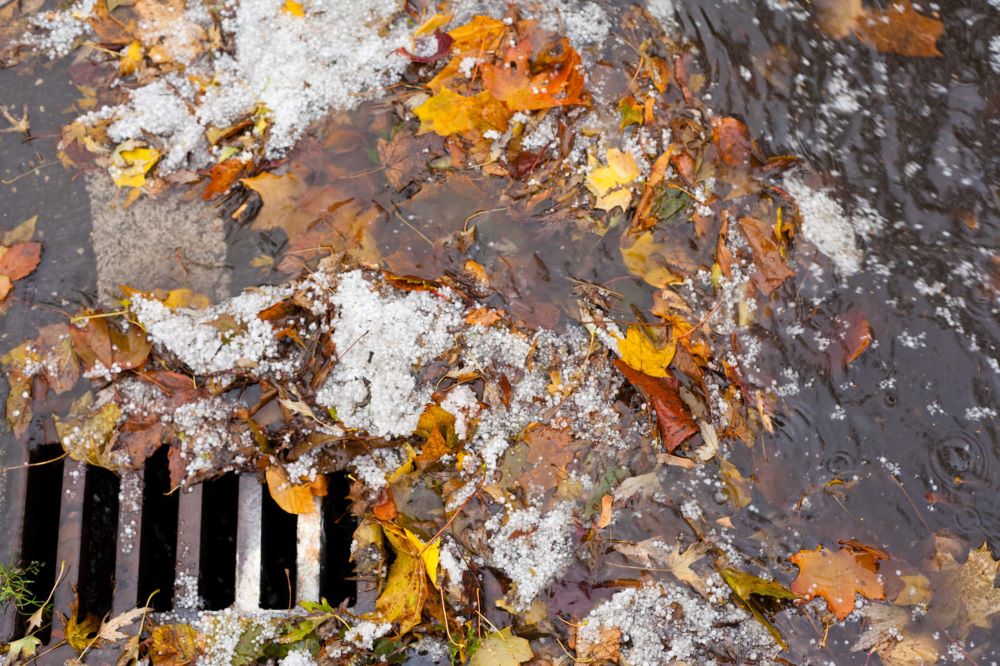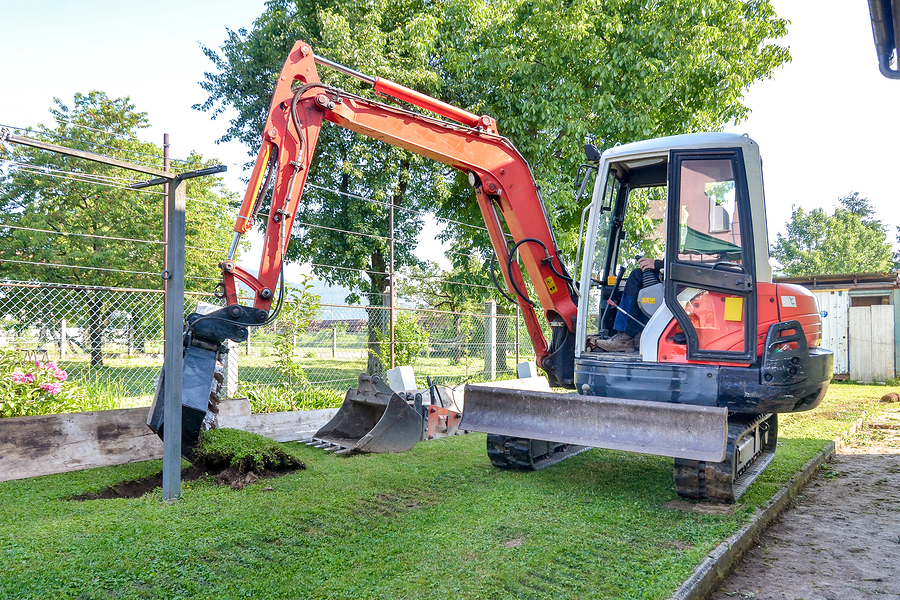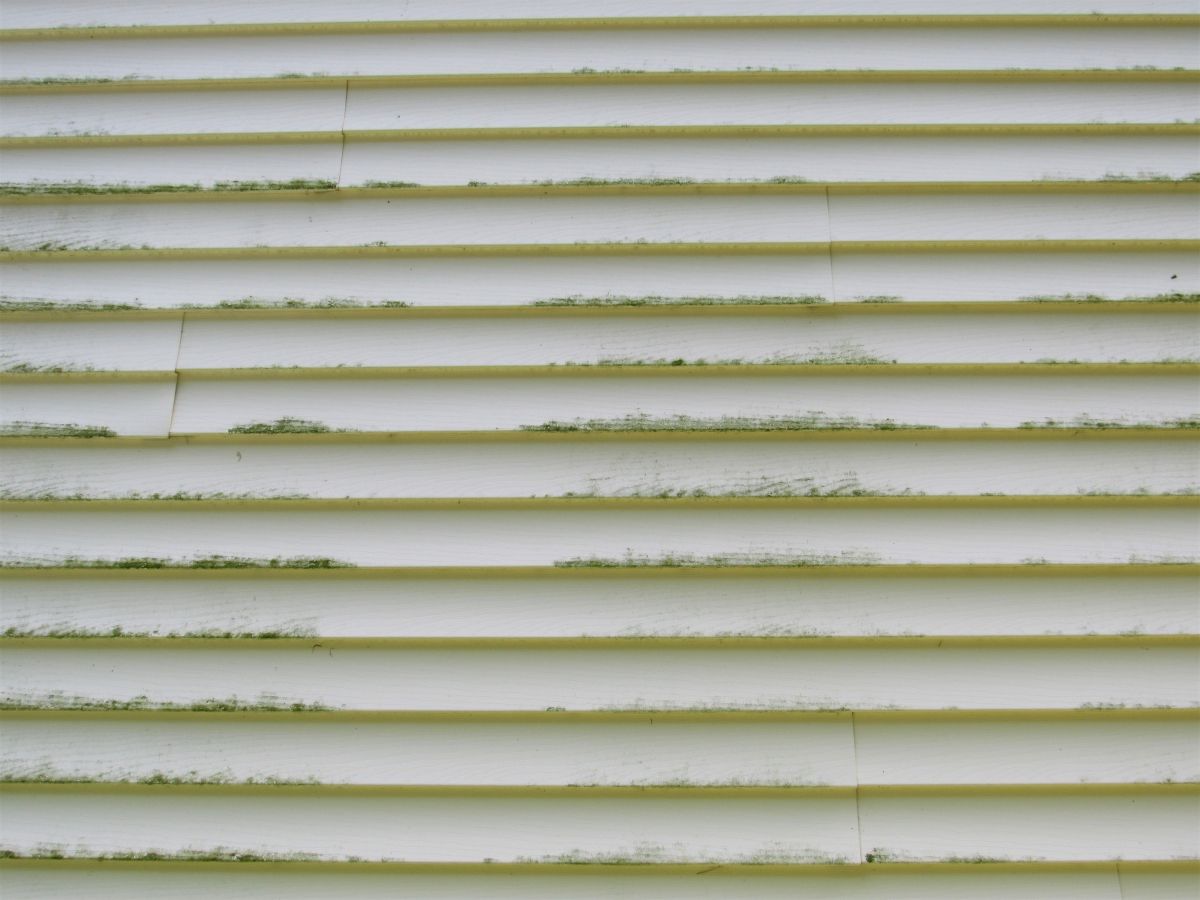Understanding the Importance of Early Detection
In Auckland, drainage issues can arise quickly and lead to serious complications if left unchecked. From property damage to structural instability, poor drainage can create costly repairs that homeowners are often unprepared for. The key to managing these risks lies in early detection.
By spotting the signs of trouble before they escalate, you can take preventative measures or seek professional help when truly needed. Understanding what to look for is especially important in Auckland, where weather patterns and urban development create unique challenges for residential and commercial drainage systems.
Visible Signs of Drainage Issues Around the Property
Pooling Water and Soggy Lawns
One of the most obvious indicators of a drainage problem is water pooling around your property, especially after heavy rainfall. If your lawn remains soggy long after the rain has stopped or water tends to collect in specific areas, this may signal that your soil isn’t draining properly.
In Auckland’s clay-heavy soils, this is a common concern. Pooled water can suffocate grass roots, encourage mould growth, and create ideal breeding grounds for mosquitoes, making it both a health hazard and an aesthetic nuisance.
Cracks in Foundations or Driveways
Cracking in your home’s foundation or concrete surfaces such as driveways and patios can point to poor drainage as well. When water seeps into the ground and accumulates around your foundation, it can cause the soil to expand and contract.
Over time, this movement may result in noticeable cracks, compromising the structural integrity. If you notice new or widening cracks, particularly after rainstorms, it’s worth investigating whether drainage issues could be the underlying cause.
Foul Odours or Damp Smells
Persistent bad smells near drains, around the perimeter of your home, or even indoors may indicate that your drainage system is compromised. Blockages, standing water, and broken pipes can all lead to unpleasant odours. These smells can be especially telling in places like basements, garages, or near external drain openings.
A strong, musty scent indoors might also point to hidden mould or mildew growth resulting from excess moisture, both of which can stem from poor drainage.

Indoor Clues of Potential Drainage Problems
Slow-Draining Fixtures
Slow drainage in sinks, bathtubs, or toilets can often be the first indoor sign of trouble. If the issue is isolated to a single fixture, it may just be a local blockage. However, if multiple fixtures are draining slowly at the same time, this could indicate a larger problem within the main drainage system. In Auckland homes, this is frequently caused by tree roots intruding into underground pipes or stormwater backups from heavy rainfall.
Water Stains and Mould Growth
Water stains on walls, ceilings, or under sinks are often more than just cosmetic concerns. They usually point to leaks or persistent moisture that, if ignored, could lead to more severe damage over time. Mould and mildew thrive in damp, enclosed spaces, and spotting early growth is a key sign that moisture is accumulating in areas it shouldn’t be. Regularly inspecting corners, behind furniture, and under appliances can help catch these problems early.
Gurgling Sounds in Pipes
Unusual sounds like gurgling, bubbling, or sucking noises from your pipes can indicate that air is being trapped due to blockages or improper venting. These sounds may occur after flushing the toilet or when water is draining from a sink. While it might seem minor, these noises are a common red flag for underlying drainage issues, particularly when paired with slow drains or unpleasant odours.
Seasonal Factors That Exacerbate Drainage Issues in Auckland
Auckland’s weather can be unpredictable, and seasonal changes often worsen existing drainage problems. Heavy spring and autumn rains increase the volume of water that your system needs to handle. If your drains are partially blocked or if the ground is already saturated, flooding and runoff issues are far more likely.
The city’s mix of older infrastructure and new developments also means that some properties may be more vulnerable than others to sudden drainage failures.
DIY Checks You Can Perform Before Calling a Drainlayer
Before contacting a professional, there are a few simple checks you can perform to assess your drainage situation. One method is the hose test: run water through your gutters or around suspect areas and watch how it drains. If water collects in puddles or runs back toward the house, drainage is inadequate.
Inspect your gutters and downpipes to ensure they’re clear of debris, and check stormwater drains for blockages. These basic assessments can give you a clearer idea of whether a problem is minor or requires professional expertise.
When It’s Time to Contact a Professional Drainlayer in Auckland
While some drainage issues can be managed with DIY fixes, others are best left to the professionals. If you’ve noticed ongoing problems like structural cracks, consistent bad smells, or flooding that reoccurs after rain, it’s time to call in a certified drainlayer.
In Auckland, registered drainlayers are trained to comply with New Zealand building codes and use specialised equipment to diagnose and fix problems safely and efficiently. Attempting to resolve complex issues without proper training can lead to more extensive and expensive repairs down the line.
Proactive Measures to Prevent Future Drainage Issues
Prevention is often more effective than reaction. Homeowners in Auckland can take several proactive steps to mitigate future drainage problems. These include regrading lawns to promote water runoff, installing proper garden drainage systems, and regularly cleaning gutters and downpipes.
Consider planting vegetation that absorbs water efficiently and ensures stormwater is directed away from your home’s foundation. Scheduling routine inspections, especially before and after Auckland’s wetter seasons, can also catch issues before they become emergencies.
Final Thoughts on Spotting Drainage Problems Early
Being proactive about spotting drainage issues can make all the difference when it comes to protecting your Auckland property. By recognising the early warning signs and understanding which ones warrant professional intervention, you can save both time and money.
Whether you’re conducting a routine check or addressing a specific concern, having a foundational knowledge of drainage problems empowers you to act swiftly, and helps ensure that when you do call a drainlayer, you’re doing so for the right reasons.


